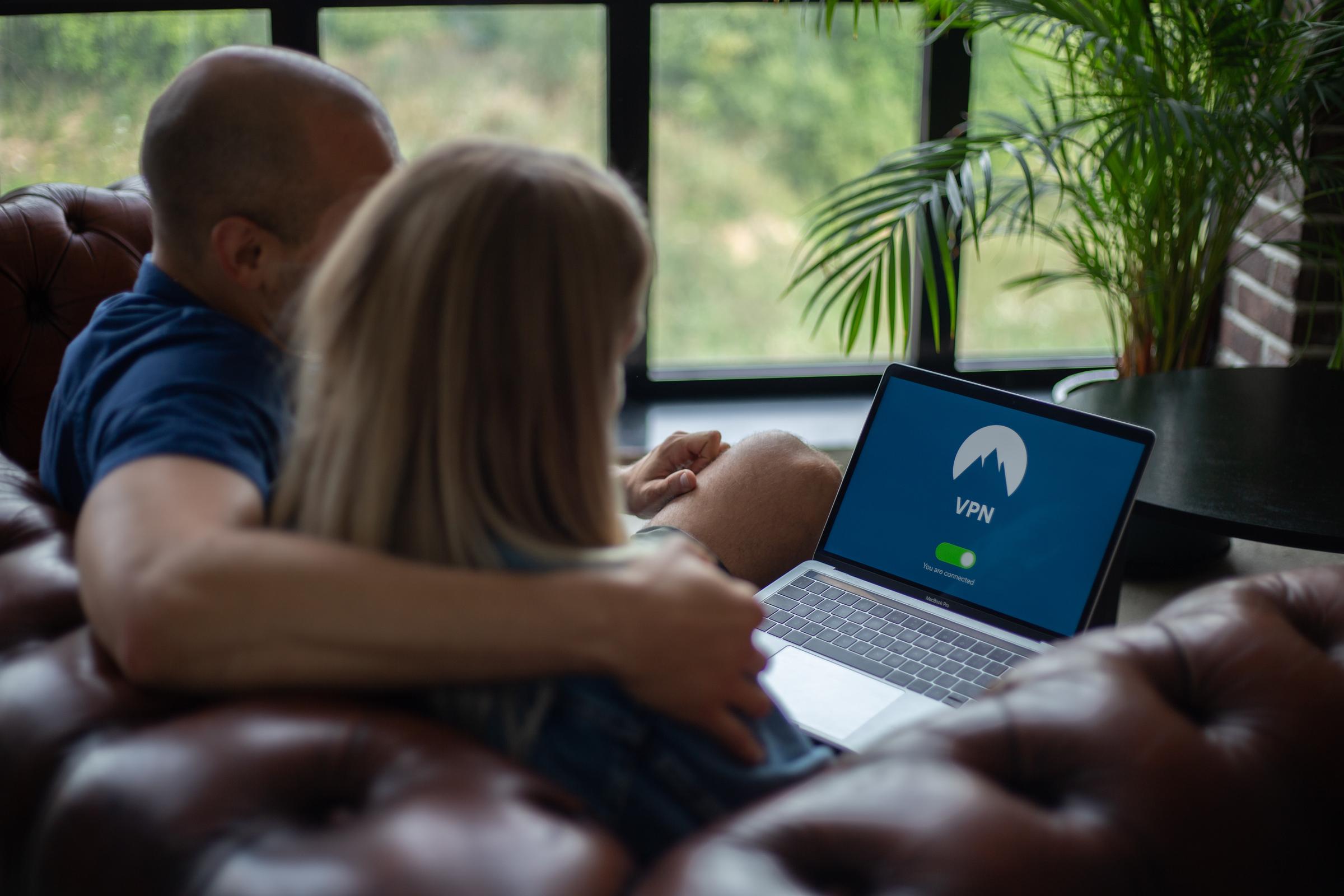ESafety @ Home

Practical tips for parents to help children and young people use the internet
The following tips will help parents provide support and guidance for children and young people as they engage in online activities.
Monitoring and supervision
Monitoring a young person's online activities includes checking that websites are appropriate for a child's use and keeping an eye on the screen.
If parents are willing to provide children and young people with access to mobile phones and computers, then a responsibility to understand, model appropriate behaviour and communicate the basics of good digital citizenship should come with the access.
Advice on monitoring often focuses on keeping the device in a shared family area, yet in the age of wireless connections and internet-enabled smartphones this is increasingly difficult. Similarly, young people may control their own online details, such as passwords and web browser histories. Parents can address these difficulties in the following ways:
- Develop a plan about internet use in partnership with family members. This can include:
- details of appropriate online topics;
- privacy setting checks;
- physical locations for internet use and parental monitoring (looking over the shoulder or line of sight supervision);
- limits on screen time;
- limits on when wireless internet connections and/or mobile devices will be available; and
- what may be identified as inappropriate posts on online profiles.
- Take an active role in discussing the benefits of online activities with children and young people, and what strategies they may use to respond to cyberbullying, other negative online behaviours or if they unintentionally access adult content. Discussions can include how these rules apply wherever they are online, including at home in their bedroom and when they are outside the home, for example at a friend's place.
Protection
Parents can be encouraged to:
- Find out whether their child's school has an internet policy and how online safety is maintained. Inquiries should focus on the strategies used to educate children and young people about online safety and cyberbullying, whether parents are involved in cyberbullying initiatives and developing cyberbullying policies.
- Point out to children and young people that some websites on the internet are for adults only and are not intended for children or young people to see. Discuss what strategies a young person might adopt if they access this content.
- Use a family-friendly internet service provider (ISP) that provides proven online safety protocols. Filtering tools should not be solely relied on as a solution. Open discussion and communication with young people about monitoring and supervision is needed.
- Empower children and young people to use the internet safely by mutually exploring safe sites and explaining why they are safe. It's also important to educate children and young people on why it's not safe to give out any personal details online.
Engagement and communication
Parents can be encouraged to:
- Discuss with their children how they may recognise the difference between online information that is helpful or unhelpful, true or false, useful or not useful. For example, government or education websites may contain more accurate information than opinions that are posted on an unfamiliar person's blog.
- Increase their own knowledge and become more adept at engaging in online activities and exploring social networking sites that are being used by their children. Learning alongside children and young people can be an effective way to achieve this—parents can be encouraged to let their children be the experts and help them to understand the tools they are using online.
- Focus on the positive aspects of the internet—spend time looking together at sites that are fun, interesting or educational. Find sites together that are age and stage appropriate for their children.
- Encourage their child to question things on the internet. When looking at a new site, their child could ask questions such as, "Who is in charge of this site?", "Have I found information or is it just opinion?" or "Is this site trying to influence me or sell me something?"
